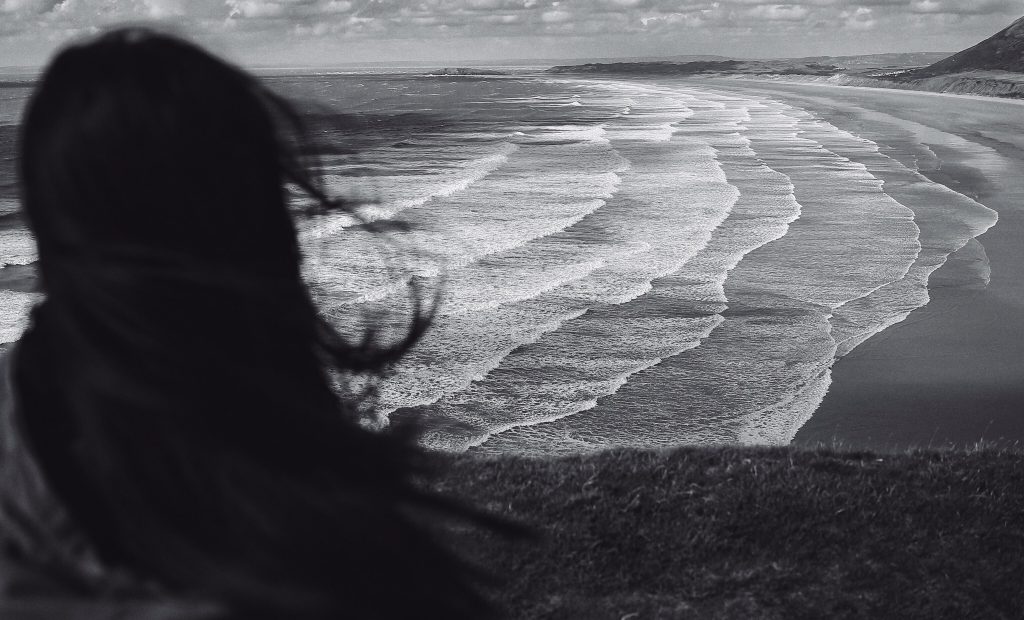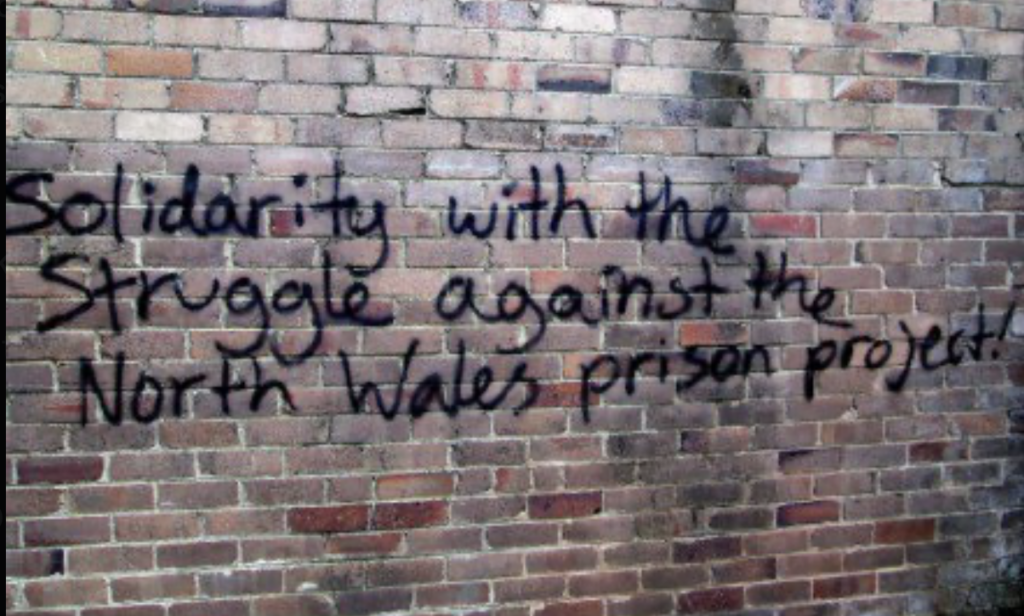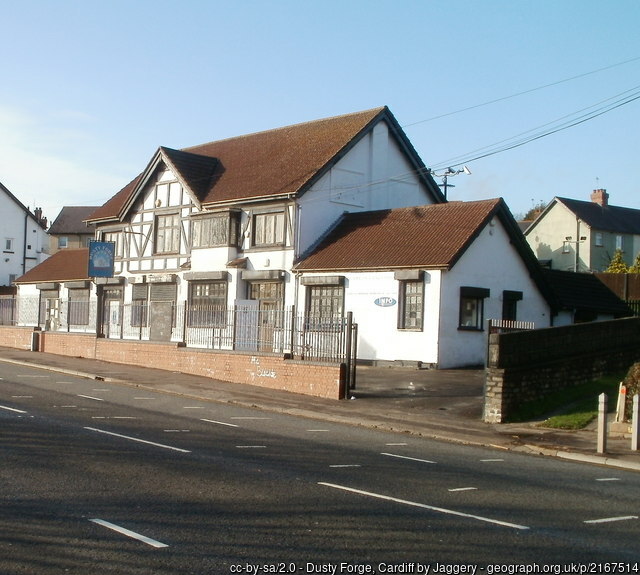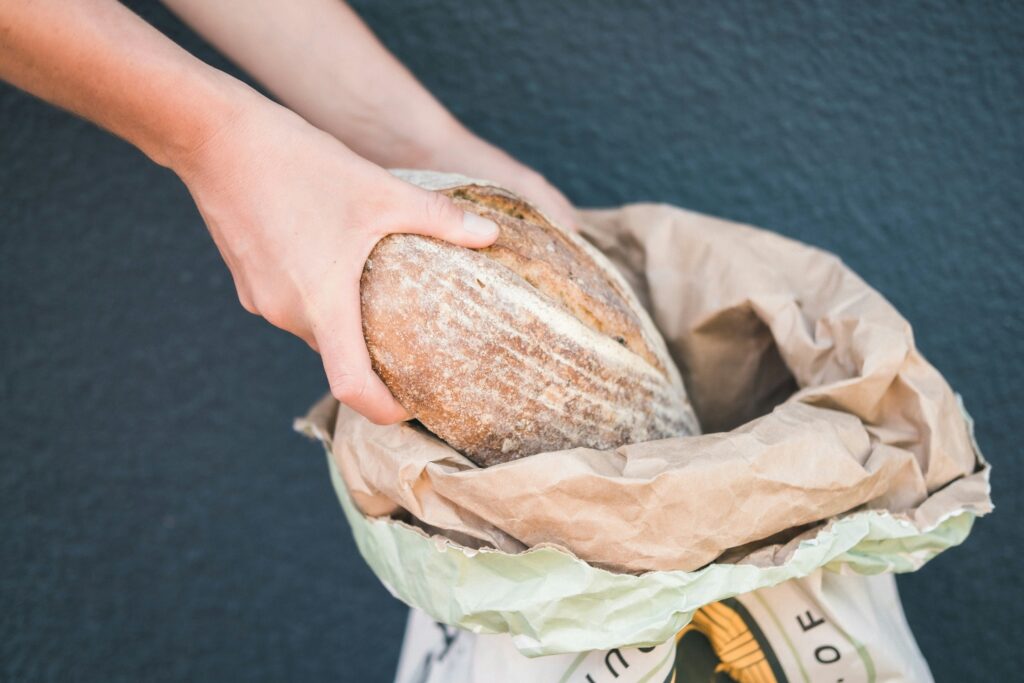Jörg Bernig continues his journey through the Gower in the aftermath of the Manchester Arena bombing.
24 May, Wednesday
Life goes on. Leaders spout well-memorised phrases into the cameras and microphones. We remain calm and we will not let ourselves be incited to hatred. Now more than ever, we live our lives. We won’t be intimidated…
Not one of them deviated from the role assigned to him and howled and screamed because of the murdered children. Not one said even once: You criminals. You’re as good as finished. You can hide in your holes. We’ll find you. Nobody said that. As if we’d already got used to the murdering in Europe. Paris, Nice, Brussels, Berlin, London. These are just a few of the attacks of the past two years.
Who still thinks about Madrid? Who still thinks about Moscow? Who still thinks about Istanbul and Gaziantep? About Jakarta? About Orlando? About Quetta? About Kabul? About Dhaka?
The (terrible, cruel, incomprehensible etc. etc., the leaders’ speech-writers are running out of ways to describe their ‘profound sense of shock’—another cliché!) events showed once more that complete security is impossible, that’s another thing the leaders say. And some even intimate that they can somehow understand the murderers’ way of thinking and perhaps even basically accept it. This is what happens when one sends troops abroad, they say and believe they’ve explained everything.
The sea has retreated way back, it’s a brilliantly sunny day, Swansea Bay is a glittering expanse crossed by a few shallow streams that come down from the hills. At high tide the beds of the streams, the streams themselves are swallowed up; they don’t simply flow into the sea: the sea comes and gets them. Dogs chase sticks that their companions throw for them.
Some dogs jump up, catch the stick, race across the wet and solid sand. Then they stand there, waving their tails, and wait for the game to begin again. Seagulls jeer in the air or doze one-leggedly in colonies, which suddenly and for no apparent reason fly up and, screeching, move a little further away. Seashells crack and burst underfoot. Even though the Bay has grown dry, a shortcut over to the Mumbles is not possible; after a few steps the solid sand gives way to silt.
The tide clock at Mumbles Pier near Swansea indicates that the tide will start coming in at about two o’clock in the afternoon and going out at about eleven at night. Flapping flags over the pier, but it’s a summery, decorative sight and not a threatening one, as it is in totalitarian worlds, where a flag always pronounces a sentence.
But here we are, sitting in the café on the pier, the seagulls circling above, a few moored boats swaying, the waves going, and a few Americans at another table guess one flag after the other; they even know the Cornish one. Nevertheless, the Welsh dragon sticks out his tongue at us all as if he knows some-thing we don’t.
The world’s breathing would calmly go on even if we all slaughtered each other. Another hypothetical, which immediately raises the question of whether that’s the right tense. We are slaughtering each other. And the world breathes and breathes and breathes, the tides take their turns. Everything just seems to be waiting for us to disappear again.
25 May, Thursday
The British are annoyed because American officials have made the name of the Manchester murderer public. The Americans get a lot of stick anyway—also from German politicians and especially from the mainstream German media—ever since they voted in the wrong president. A nanny-like tut-tutting hovers over everything reported from the USA.
Life goes on, as the saying goes, everyday life can’t come to a standstill, a quick twiddle of the tuning dial on the kitchen radio, which dates back to the analogue age and relies on an FM aerial, drags you into the garish life-must-go-on radio programmes with their upbeat music. The weather forecast predicts a few nice days for Wales. Life goes on. For some, one way, for others, some other way.
A few very young students from France and Spain are having a good time on the bus from Swansea out to Rhossili on the Gower Peninsula, swaying to the 60s music selected by the no-longer-young bus driver. The women have beach mats tucked under their arms and a ball with them.
All of us on the bus are looking forward to the coves and crags waiting for us on Gower—that area long fought over by the Welsh and the Anglo-Saxons. It’s a spring day with the warmth of summer and in a few hours time we’ll be suffering our first sunburn… But in Manchester, the mortal remains—as we say—of the children and youngsters murdered on Monday night are cooling. Thoughts stick fast, they can’t come loose, life goes on, yes, but how? We will not let our way of life be taken from us, oh, really?
Outside the bus, Wales glows, look at it! take it in! rest your eyes! remember this later, back in the centre of Europe when you miss the sea again, the singsong in the speech of the Welsh in their everyday chat. The gorse hill above Rhossili gleams. Mythical country, retreat of the Celts from the harrying Anglo-Saxons. Going back much, much further, one of the pensioners on the bus to Rhossili tells his companion on the journey—yes, it’s a journey, what else!—that the oldest human skeleton ever found in Britain was discovered here, on Gower, two hundred years ago. More than thirty thousand years old. Ah, time!
Low tide has turned Worm’s Head at the far end of the Gower Peninsula into accessible, reachable land. Who dares to venture across becomes a figurehead on the cliffs, in front of them only the sea, open, wide, simultaneously a beginning and an end. The past and also the present are held at bay by the cliff at your back. No more where from, only a where to, an uncertain one. Might someone one day be lured there, to then find themselves marooned by the rapidly rising tide on what becomes an island in no time? Just because, and just to teach them a lesson. Whatever for.
In November this corner of the world is remote, secluded and deserted, but all the more filled with rain, wind, turbulence. Nobody, not even from the little village, is likely to be seen outside then. This is when it breaks through the surface, the pre-human world—or is it a vision of the post-human world?—and it is rough, elementary and complete, it shows itself as a wholeness, even without us.
But one summery warm day in May, our procession moves along the hard-surfaced paths from the parking lot or from the bus stop at St. Mary’s Church, where Edgar Evans is commemorated, who was born in Rhossili and died in Antarctica with Captain Scott in 1912. We wear our brightly coloured clothes as if on a catwalk, we call out, laugh and make noise, we keep on holding the cameras of our mobile phones up at our looking (?!), in order to instantly send what we have seen—but are they still truly seeing, these eyes of ours?—to the most distant parts of the world, straight into the middle of a Japanese evening or into the dawning day of the American West.
The Rhossili car park is being resurfaced in readiness for the summer visitor crowds, construction vehicles stir up dust, a foreman shouts and laughs while he marshals a reversing lorry into position, visitors’ cars are being redirected onto a field and parked there. A woman stands next to her car, she stands next to the open car door, she’s wearing a headscarf.
Behind the door her husband is praying; he kneels, touches the earth with his forehead, stands up, raises his hands in front of his face, speaks softly, kneels down… The woman, like the man, is young, she’s pregnant, and she is protecting her husband as he prays behind the door. How vulnerable we are in the act of prayer.
And how discreetly this man is praying, so secluded, and so different from the showy worshippers to be seen recently in Berlin or other German cities, showy worshippers who aren’t actually praying but are busy watching out of the corners of their eyes to check that their posing—or whatever it is they’re doing—is receiving enough attention.
Men usurping public spaces, religious exhibitionists who strive to impose their religiosity on others. How subtle this worshipper is here! Oh, to say: Sister, to say: Brother. Oh, to put one’s forehead on Celtic ground in hope of thus reaching a God—the punishing? loving? great God? Subtle praying on the cliffs, on the stretch of land that leads to Worm’s Head and which the poet Vernon Watkins calls ‘the world’s very verge’, the outermost edge of the world.
26 May, Friday
After years of renovation work, the Glynn Vivian Art Gallery in Swansea has reopened. On this radiant morning it’s a refuge in the midst of a tottering world. The few visitors disappear in the rooms. They walk past the collections of the wealthy founder, the son of an industrialist, Glynn Vivian (1835-1910), which were intended and still intend to bring order into the world by keeping artefacts of human expression from all corners of the earth together.
Of course there is what each exhibit expresses, be it porcelain, be it a painting, but this morning what’s most important is the quiet presence of the things, their endurance in the noise of the present. Time has a different dimension in these rooms; visitors breathe it in with every breath, their steps become calmer, perhaps they even manage to transition from looking to seeing. And already the secluded hour in the Gallery is up…
Outside the doors, Wales, anglicised southern Wales, Swansea, seems to me to be a transitional world, not that I can quite grasp where this transition is leading. Uplands, the neighbourhood I lived in at the beginning of the 1990s, has been thoroughly Dylan-Thomas-ified. There are signs pointing out where he lived as a boy, where he used to walk, and indeed suggesting the whole neighbourhood was his.
A private owner presents his birthplace in Cwmdonkin Drive as a place of pilgrimage for Thomasian devotees, while Swansea Council considers how to preserve the Victorian and Edwardian exteriors of Dylan Thomas’s childhood domain. At the same time a complete exchange of residents seems to have taken place. Twenty-five years ago, families with children still lived in the Uplands, and old people, but now the houses are often, all too often, inhabited by students.
This is probably more profitable for the owners, but a price has to be paid for every profit, and here the price is the maimed countenance of a neighbourhood. In the bay windows, behind which families used to gather, there are now flags that speak of the student tenants’ origins, though mostly just of the football clubs they follow.
I’m told that the number of students wanting to study in Swansea went up by twenty percent after Swansea City was promoted to the Premier League, and so it was all the more important that the club wasn’t relegated at the end of the 2016/17 season. The university—and in this it’s no different from German universities—has to be customer-oriented in designing its provision. This means above all adapting to the Chinese and the Arabs and to their wishes, as they bring in the most money. And it’s no different from German universities in this regard either.
So: flags, teeming crowds of students on the streets in the evening, the off licence constantly surrounded by sometimes more, sometimes less drunk young men, in sometimes more, sometimes less fighting mood. At night, there’s always a loud party going on behind some open windows. In more and more of the terraced houses’ tiny front gardens, where twenty-five years ago flowers and shrubs grew and blossomed, rubbish bags pile up, to be ripped open by foxes or the ever-hungry seagulls, who spread the rubbish over the pavement and into the street, and there it remains, softening in the rain, getting compacted by cars.
In other front gardens stand discarded chairs, tables, sofas, clearly there for a very long time awaiting collection. If a house is renovated, the rubble also ends up in the front garden, probably only to be collected once the disposal fees have been waived. But at the weekends—are the students asleep? have they gone home to their families?—during the day the neighbourhood seems almost dead and the Dylan Thomas signs look out over Victorian and Edwardian house fronts and into the void.
The remaining inhabitants are resisting bravely; they organise a monthly market where you can buy vegetables, bread, cheese, herbal products and handmade jewellery. But the most important thing is that you meet one another, have a tea or a coffee together, and thus push a stake into the ground—to moor oneself in the general drifting apart?
It’s a transitional world. In St Helen’s Road, the surface of the transition is colourfully decorated by Indian and Pakistani, Turkish, Persian, Italian, Spanish and French restaurants, in between and next to which Asian shops are lined up, also Polish and African ones, followed by barbers’ shops, which are all run by young Arabs, Kurds, Iranians and Pakistanis and are called ‘Studios’.
One transformation follows on the heels of another. During the industrial revolution, the Welsh language gave way to English in the south of Wales; for centuries it had been exposed to the presence of Anglo-Saxon, was pushed further and further back into the valleys, to finally go underground with the miners there. It is still holding out in the south of Wales in museumised form or as folklore, or in small, brave, defensive clusters. A young acquaintance of my friends says that Welsh is spoken in his small family and that he and his wife want to gift their two-year-old son Welsh as his mother tongue.
If they go to the GP, the boy doesn’t understand what’s being asked of him, because he simply can’t understand the doctor. It’s rare that anyone can speak Welsh to the child in any GP’s surgery. And this in Wales! When I ask what can be done, and whether in the end they will have any choice but to pack up and move to the north of Wales, to the very edge of the edge, where Welsh is still spoken in everyday life, this young acquaintance of my friends responds by saying that they want to stick it out in Swansea.
In the meantime, he seems to be working on his reputation as a general factotum. Once I know him, I notice him again and again as an omnipresence during my stay, chatting away outside one pub in the evening, only to be immersed in conversation in another one a little further down the road, but wait, he’s over there…
Life goes on. A harmless phrase, a brutal phrase. The week began with murders, followed by some overcast days, followed by bright summer days, something is standing invisibly behind us, pushing us forward, sometimes gently, sometimes roughly. On the evening of this Friday in Volcano Theatre’s performance space, now for the reason for the journey? the alibi? the pretext? I don’t know any more, although the journey had, after all, been intended and planned as a journey towards the presentation of poems, a journey towards a story to be read for the audience.
And everything written seems to be connected with the past week, everything seems to have grown from this one week, although much had already been written down a long time ago. What gravitational forces, acting betimes and wholly unexpectedly: the man who opens the evening, Philip Gross, the English poet who lives near Cardiff, enters with his poems—as if it couldn’t be otherwise!—into the space in the centre of Europe. His key is his Estonian father, who came to England after the war. It’s a story made for a movie. And I see it before me, this centre of Europe, from here, from the edge which, even if only within me, is indeed connected to this centre.
And what did Elizabeth Price call the exhibition she curated for the Glynn Vivian Art Gallery? In a dream you saw a way to survive and you were full of joy. …
Touching the Earth with one’s forehead, muttering a few words: Poems. As an alibi. As a pretext. As the reason.
BELONGING TO WALES / PERTHYN I GYMRU is a series featuring extraordinary stories from ordinary people across Wales and beyond.
The first four contributions are taken from an e-book of multilingual stories about arriving in Wales by Meltem Arikan (Turkish), Marie Darrieussecq (French), Edin Suljic (ex-Yugoslavian, English), and Jörg Bernig (German) – with English and Welsh translations. These texts were commissioned by Dr Kathryn Jones of Swansea University’s Department of Modern Languages, for the AHRC-funded research project ‘European Travellers to Wales 1750-2010’ at Bangor University. Reader responses to these stories are welcome. Email [email protected]
We are also actively seeking submissions to the series. Email [email protected]





